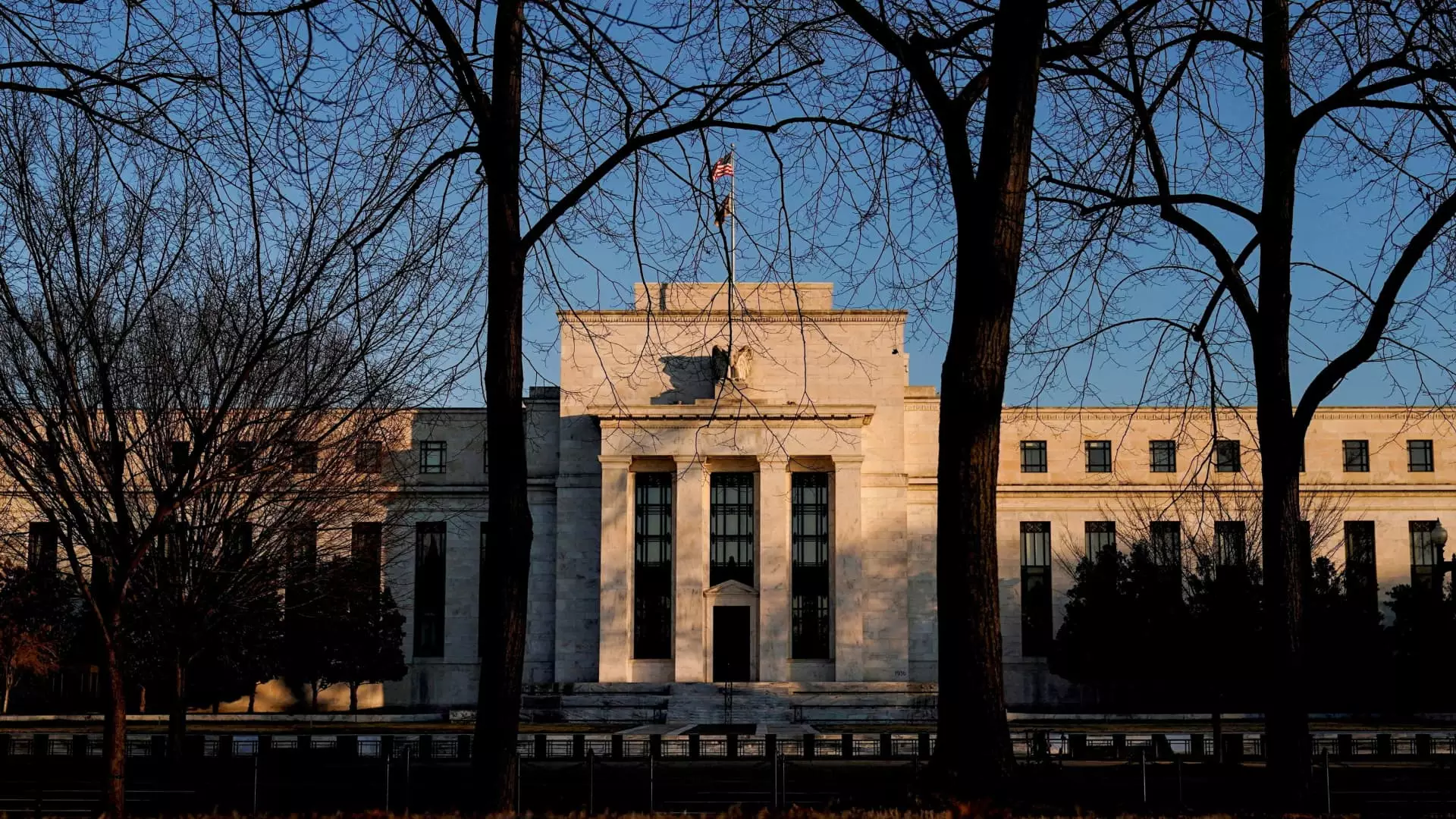In a striking development that threatens the integrity of U.S. financial systems, John Harold Rogers, a former senior advisor for the Federal Reserve, was arrested and charged with conspiracy to commit economic espionage for allegedly leaking critical trade secrets to Chinese operatives. The U.S. Attorney’s Office has raised serious concerns about the implications of his actions, noting that the information Rogers provided could empower China to manipulate financial markets akin to insider trading practices. This case serves as a pivotal reminder of the ongoing vulnerabilities in national security, specifically in relation to economic sensitive data.
Rogers, who retired from the Federal Reserve in 2021 after a notable career, is accused of exploiting his extensive access to confidential economic data. He allegedly transmitted sensitive information concerning U.S. economic policy to co-conspirators posing as graduate students in China. Such data includes critical insights into U.S. monetary policy discussions including potential adjustments to the federal funds rate. Given China’s significant holdings—around $816 billion—of U.S. government debt, the ramifications of such disclosures could potentially alter the dynamics of global financial markets.
The indictment outlines a sophisticated scheme whereby Rogers was not merely a passive participant but a key player facilitating the transfer of privileged information. Notably, the individuals with whom he collaborated were not simply random contacts but rather elements of China’s intelligence infrastructure. Allegations suggest they showered Rogers with gifts and funded luxurious trips, creating an environment conducive to compliance and secrecy. Such tactics are representative of a broader strategy of economic espionage aimed at undermining U.S. interests.
After leaving the Federal Reserve, Rogers took a part-time professorship at Fudan University in Shanghai, which inherently presented both opportunities and risks. While it allowed him to maintain a professional link with China, it also provided a cover for illicit interactions. The indictment indicates that he may have misused this academic position to engage in discussions that compromised U.S. economic security, meeting co-conspirators in hotel rooms under the façade of educational activities.
Rogers faces severe legal repercussions, including a potential maximum sentence of 15 years in prison for economic espionage. Following his apprehension, he was temporarily detained without bond while awaiting arraignment—a clear indication of the seriousness with which the authorities view the charges. The nature of the allegations, combined with the involvement of foreign operatives, adds considerable weight to the prosecution’s case.
The government has also highlighted that Rogers allegedly made false statements to internal investigators, further complicating his legal situation. When responding to inquiries from the Federal Reserve’s inspector general’s office, if proven true, such lies could bolster claims of a deliberate attempt to obscure his connections and the depth of his wrongdoing.
The implications of Rogers’ arrest extend far beyond individual culpability; they signal alarming trends regarding national security and economic stability. FBI officials have claimed that the Chinese Communist Party has broadened its economic espionage campaigns, explicitly targeting U.S. government financial policies. By doing so, they aim not only to undermine U.S. interests but also to elevate China’s status as a global superpower.
This case arrives at a critical juncture, shortly after President Trump announced impending tariffs on China, Canada, and Mexico. The timing may suggest a tacit acknowledgment of the heightened risk of espionage amid trade conflicts. As tensions grow over economic policy and trade negotiations, the stakes are becoming profoundly higher for those involved in the financial sector.
John Harold Rogers’ case serves as a wake-up call to U.S. institutions and policymakers regarding the vulnerabilities inherent in the economic landscape. The reality is that insider threats can arise from even the most trusted individuals, making it imperative for organizations like the Federal Reserve to uphold stringent measures to protect sensitive information.
As global competition intensifies, the U.S. must remain vigilant against espionage threats and fortify its defenses against attempts to manipulate its financial systems. The complexities of economic espionage underscore the delicate balance between global engagement and national security, highlighting the challenges that lie ahead in safeguarding vital financial interests against foreign adversaries.



Leave a Reply